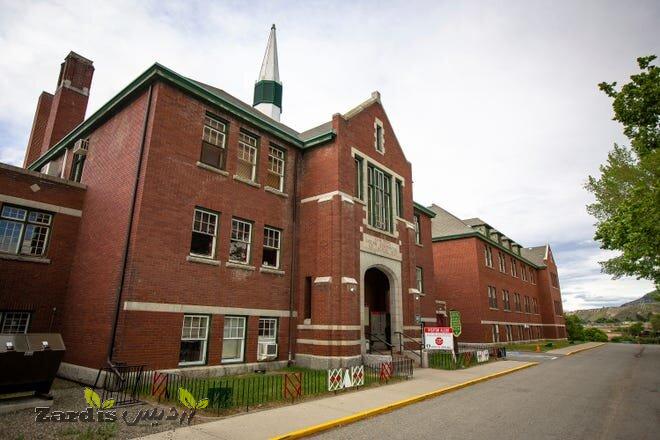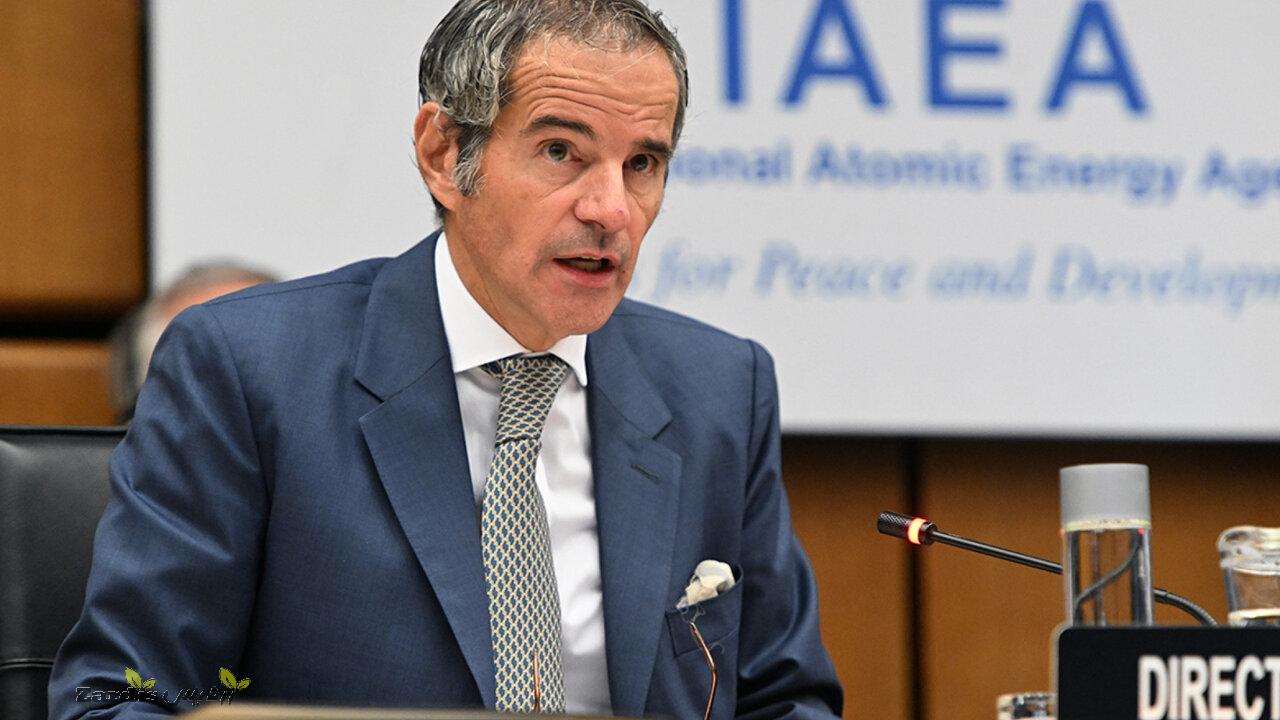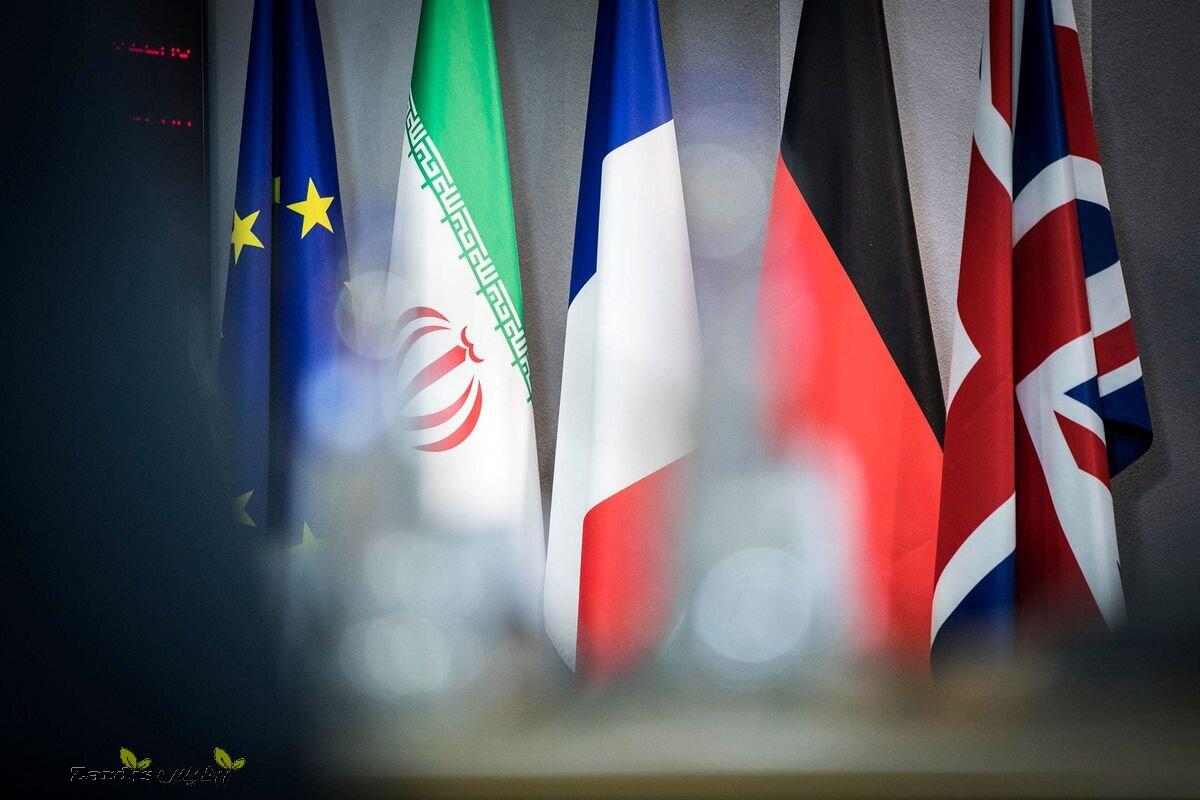TEHRAN – The heart-wrenching discovery of the Tk’emlups te Secwépemc First Nation children’s remains has sparked a heated debate over the gross violation of human rights in the recent history of Canada and how to heal the wounds of history that continue to fester even as Canada brags about its track record in respecting human dignity.
The world awoke on Saturday to the heart-breaking news that the remains of 215 indigenous children have been found on the land of a former boarding school that was Canada’s largest Indigenous residential school.
The remains of the indigenous children, some as young as three, were found buried in a mass grave at the site of the former Kamloops Residential School located some 220 miles or 354 kilometers northeast of Vancouver. These remains were found with the help of ground-penetrating radar and local officials have not ruled out that more bodies may be found because some areas on the school grounds have not been searched yet.
The Kamloops Indian Residential School was created to forcibly assimilate indigenous children of First Nations origin into Canadian culture.
From the 19th century until the 1970s, more than 150,000 First Nations children were required to attend state-funded Christian schools as part of a program to assimilate them into white Canadian society. They were forced to convert to Christianity and not allowed to speak their native languages. Many were beaten and verbally abused, and up to 6,000 are said to have died, according to the Associated Press.
The Canadian government apologized in Parliament in 2008 and admitted that physical and sexual abuse in the schools was rampant. Many students recall being beaten for speaking their native languages; they also lost touch with their parents and customs.
The mass grave has renewed calls for the Roman Catholic Church to apologize for its role in Canada’s policy of the 19th and 20th centuries that saw Indigenous children removed from families to attend state-funded residential schools.
Tk’emlups te Secwépemc First Nation Chief Rosanne Casimir put out a statement confirming the discovery of the previously undocumented deaths of indigenous people of Canada.
“It is with a heavy heart that Tk’emlúps te Secwépemc Kukpi7 (Chief) Rosanne Casimir confirms an unthinkable loss that was spoken about but never documented by the Kamloops Indian Residential School. This past weekend, with the help of a ground penetrating radar specialist, the stark truth of the preliminary findings came to light – the confirmation of the remains of 215 children who were students of the Kamloops Indian Residential School,” the statement said.
Facing the anger of the indigenous people, Canadian Prime Minister Justin Trudeau instructed all federal buildings to fly flags at half-mast.
“To honor the 215 children whose lives were taken at the former Kamloops residential school and all Indigenous children who never made it home, the survivors, and their families, I have asked that the Peace Tower flag and flags on all federal buildings be flown at half-mast,” he said on Twitter.
Also, Carolyn Bennet, Canada’s Minister of Crown-Indigenous Relations, highlighted the need for Canadians to be educated about the dark side of their history. “The devastating discovery of the remains of 215 children at the former Kamloops residential school underscores importance of educating Canadians about this shameful part of our history,” she said on Twitter.
Earlier, she shed light on the dark history of residential schools in Canada, saying these schools were a colonial policy that stole Indigenous children from their communities. “Thousands of children were sent to these schools and never returned to their families. The loss of children who attended these schools is unthinkable,” she continued.
The episode reveals how cautious Canada should be in its approach toward human rights. While having several historical unhealed wounds in its society, Canada has been lecturing other countries such as Iran on the need to avoid violating human rights.
“This is a huge human tragedy in Canadian history that can only be called genocide. It is unfortunate that a country that tries to hide behind a humanitarian mask has such tragedies in its history,” Saeed Khatibzadeh, spokesman for Iran’s Foreign Ministry, said at his weekly press conference on Monday.
The spokesman also expressed sympathy with the indigenous people of Canada and called on the North American country to make up for its dark days.
“While expressing my condolences to Indigenous Canadians, the government of Canada must always remember to reflect on the dark days of the past whenever it wants to make human rights gestures, and to try to make up for those dark days at home,” Khatibzadeh pointed out.
- News code 25305
- 241 View
- بدون نظر
Zardis news | The latest news of Iran and the world
تمامی حقوق مطالب برای Zardis news محفوظ است و هرگونه کپی برداری بدون ذکر منبع ممنوع می باشد.
طبق ماده 12 فصل سوم قانون جرائم رایانه ای کپی برداری از قالب و محتوا پیگرد قانونی خواهد داشت.
طراحی و اجرا: سامانه سایت ساز زردیس







